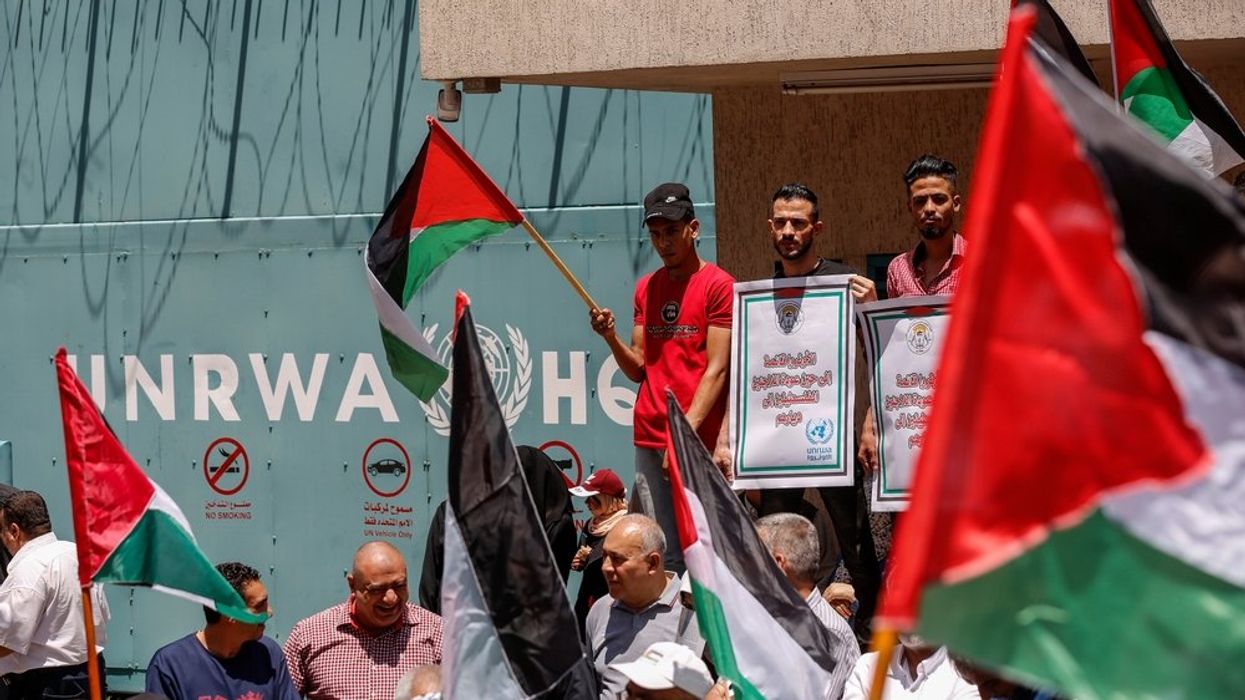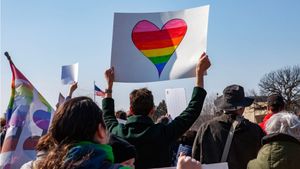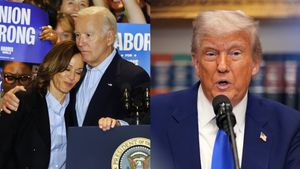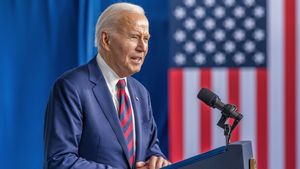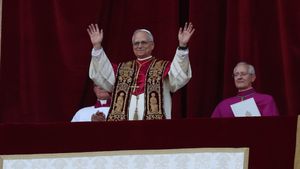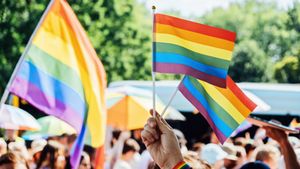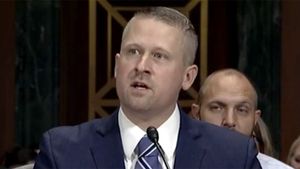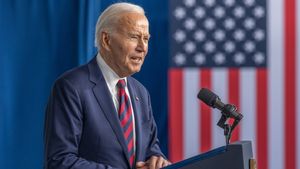On November 29 in 1947, the UN General Assembly adopted a resolution that split Palestine into two States, one Arab and one Jewish.
Shortly after, Palestinians were violently displaced during the Nakba (“catastrophe” in Arabic), with over 750,000 people forced from their homes, and 78 percent of land internationally mandated to be Palestine declared as Israel by the end of 1949.
The 1947 UN resolution is often cited as one of the catalysts behind the Nakba, and the 1948 Palestine war. In 1978, the organization commemorated the first International Day of Solidarity with the Palestinian People as a way to reflect on the resolution's bloody outcome, while also shedding light on the ongoing plight of Palestinians, who still do not have an independent state or inalienable rights as defined by the General Assembly.
This year, the day came amidst a backdrop of war in the Gaza Strip. Around 1,200 Israelis and people of other nationalities were killed in the Oct. 7 Hamas attacks. Israeli bombardment has since killed more than 15,000 people in Gaza, 40 percent of them children, according to the latest data. Over 1.7 million Palestinians have been displaced — more than double the number of refugees created by the Nakba.
The UN and its subsidiary agencies all recognized the date Wednesday, reaffirming their support for the rights and sovereignty of Palestine. UN Secretary-General António Guterres said in his message for the Day that this year marks "one of the darkest chapters in the history of the Palestinian people."
"I am horrified by the death and destruction that have engulfed the region, which is overwhelmed with pain, anguish and heartache," he wrote, adding, "Above all, this is a day for reaffirming international solidarity with the Palestinian people and their right to live in peace and dignity."
Israel and Hamas initially agreed to a four-day truce in order to exchange prisoners, which was extended by two days, and then by another one on Wednesday. The temporary pause in fighting is now set to expire Thursday. The UN has maintained that a permanent ceasefire is the most effective solution to mediate the ongoing humanitarian crisis, which the organization has described as a genocide.
"[Peace] must start with a long-term humanitarian ceasefire, unrestricted access for lifesaving aid, the release of all hostages, the protection of civilians and an end to violations of international humanitarian law," Guterres continued. "We must be united in demanding an end to the occupation and the blockade of Gaza."
Palestinian children released in hostage deal
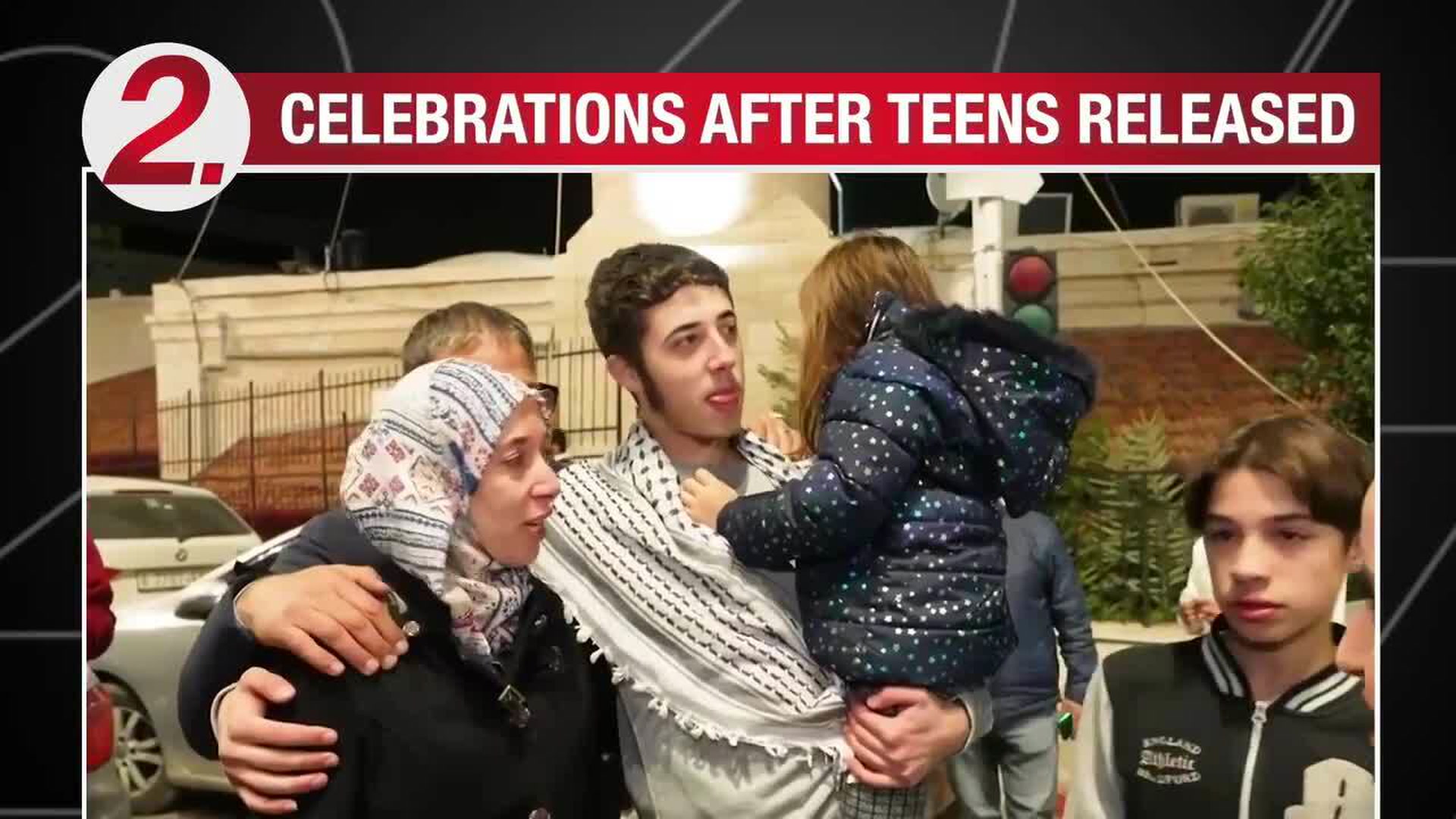
- Queering the Map in Gaza: LGBTQ+ Palestinians Pay Tribute to Deceased Loved Ones ›
- Social Media Sites Aren't Pushing Pro-Palestine Content — There's Just More Users Posting It ›
- Bella Hadid Speaks Up For Palestinians: 'Gaza Cannot Afford Our Silence' ›
- Here Are Ways You Can Help Palestinian Civilians That Aren't Just Donating ›
- Israel Knew of Hamas' Attack Plans Over a Year Ago: Report ›
- UN Chief Invokes Rare Power to Call For a Ceasefire in Gaza ›
